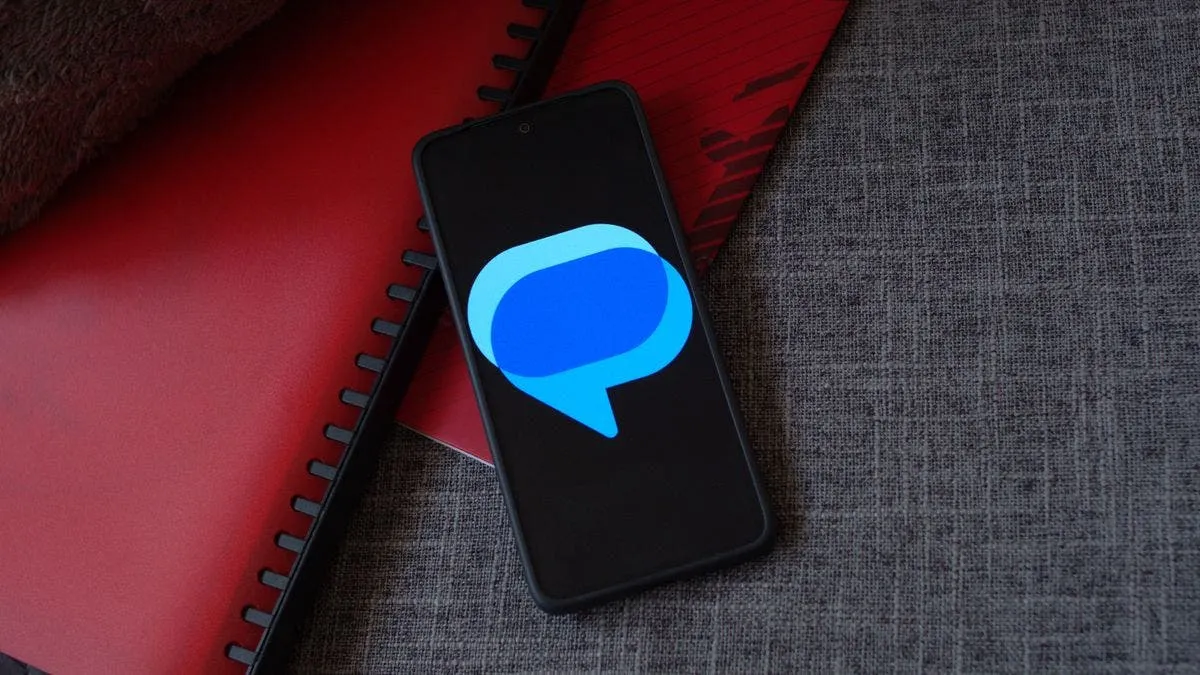
While Google actively advocates for the adoption of Rich Communication Services (RCS) messaging as the future of mobile communication, recent reports highlight a seemingly contradictory approach. Many users with rooted Android devices or devices running custom ROMs have encountered issues sending and receiving RCS messages through the Google Messages app.
Google's Conflicting Stance on RCS Messaging: Exclusion of Rooted Android Devices and its Implications

This unexpected barrier stems from Google's implementation of Play Integrity API attestation checks within the app. These checks, similar to the older SafetyNet checks, aim to assess the integrity of the Android device. Any modification to the system, such as an unlocked bootloader or rooted access, triggers a negative response from the API. Potentially preventing apps from functioning normally.
Understanding the Rationale Behind Play Integrity API Checks
The use of Play Integrity API checks has sparked debate within the Android community. While the intended purpose of securing sensitive data within high-security applications like banking apps is widely accepted, the extension of these checks to encompass apps like Google Messages raises concerns. Proponents of this approach argue that it helps maintain a baseline level of security across the Android ecosystem. Potentially mitigating the risk of malware or unauthorized modifications disrupting core functionalities.
However, critics argue that the current implementation is overly broad and lacks nuance. They highlight the fact that rooted devices and custom ROMs. While technically deviating from the stock Android experience, do not inherently pose a security threat. In fact, many users choose to root their devices or use custom ROMs for reasons such as gaining access to advanced features, customization options, or improved performance – not for malicious purposes.
The Fallout: User Experience and Potential Solutions
The current situation presents several challenges for users with rooted devices or custom ROMs. The lack of transparency surrounding the restriction can lead to confusion and frustration. Users experiencing failed RCS messages might mistakenly attribute the issue to their device or carrier. Failing to recognize the underlying limitation imposed by the Google Messages app.
Furthermore, the "cat and mouse game" described in the original article, where users resort to workarounds like the "Play Integrity Fix Magisk module" to bypass the checks, is an undesirable solution. It creates an unnecessary barrier to accessing a standard messaging feature and fosters a sense of distrust between users and the platform.
Moving Forward: A Call for Transparency and Reconsideration
Several potential solutions and considerations emerge from this situation. Firstly, Google could enhance the transparency surrounding the Play Integrity API checks within the Google Messages app. Providing clear and concise user-facing communication regarding the reasons behind the restriction and the potential impact on rooted devices would alleviate user confusion and frustration.
Secondly, Google could explore alternative approaches to address potential security concerns without completely excluding rooted devices from accessing RCS functionality. This could involve implementing more granular security checks that differentiate between benign modifications and those posing a genuine threat.
Finally, fostering open dialogue with the Android community, including developers of custom ROMs, could prove beneficial. Collaborative efforts could pave the way for a more inclusive approach that balances security considerations with user choice and freedom.
In conclusion, Google's current stance on RCS messaging for rooted Android devices presents a complex situation with several stakeholders and considerations. Addressing the concerns of the Android community through increased transparency, exploring alternative security measures, and fostering open dialogue are crucial steps towards creating a more inclusive and user-centric approach to the future of mobile communication.
Loading






